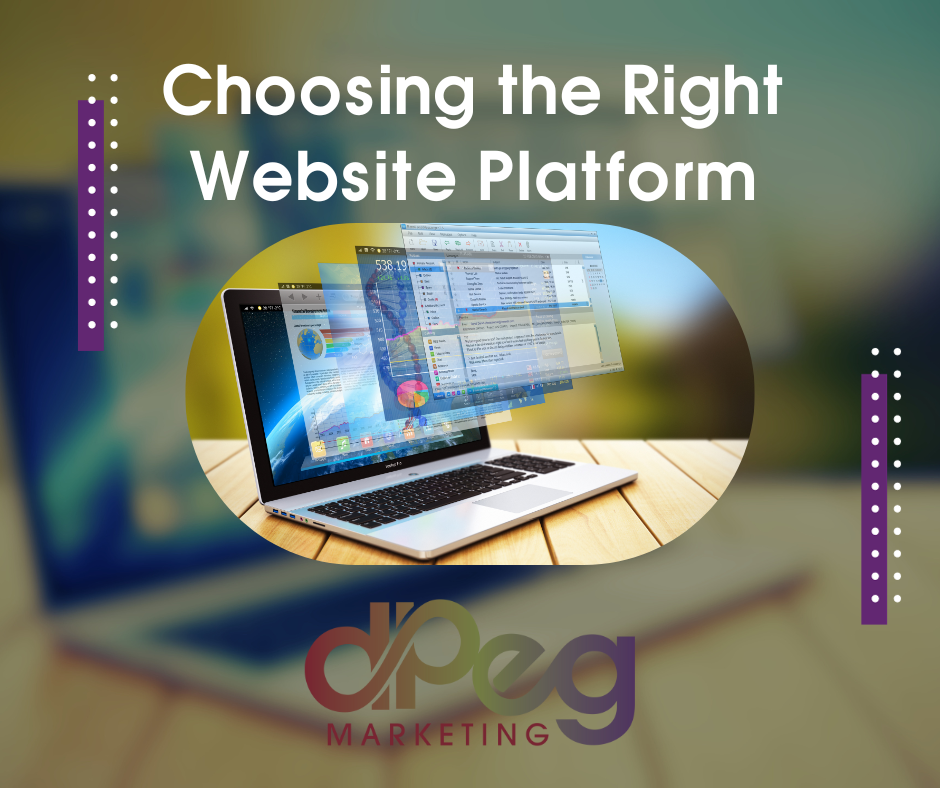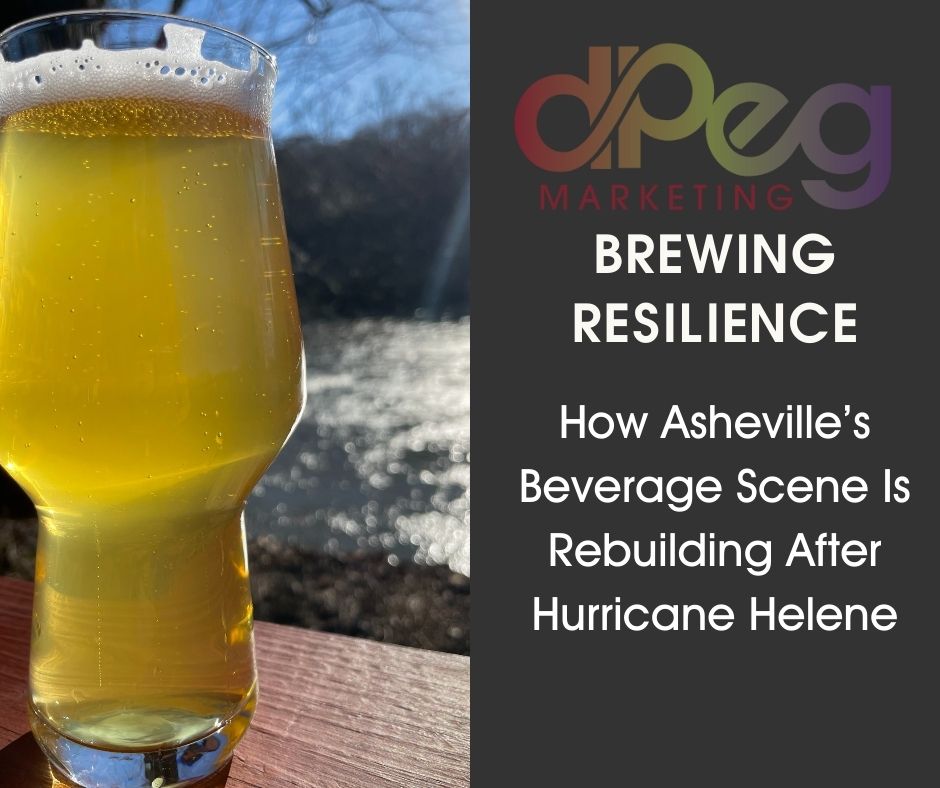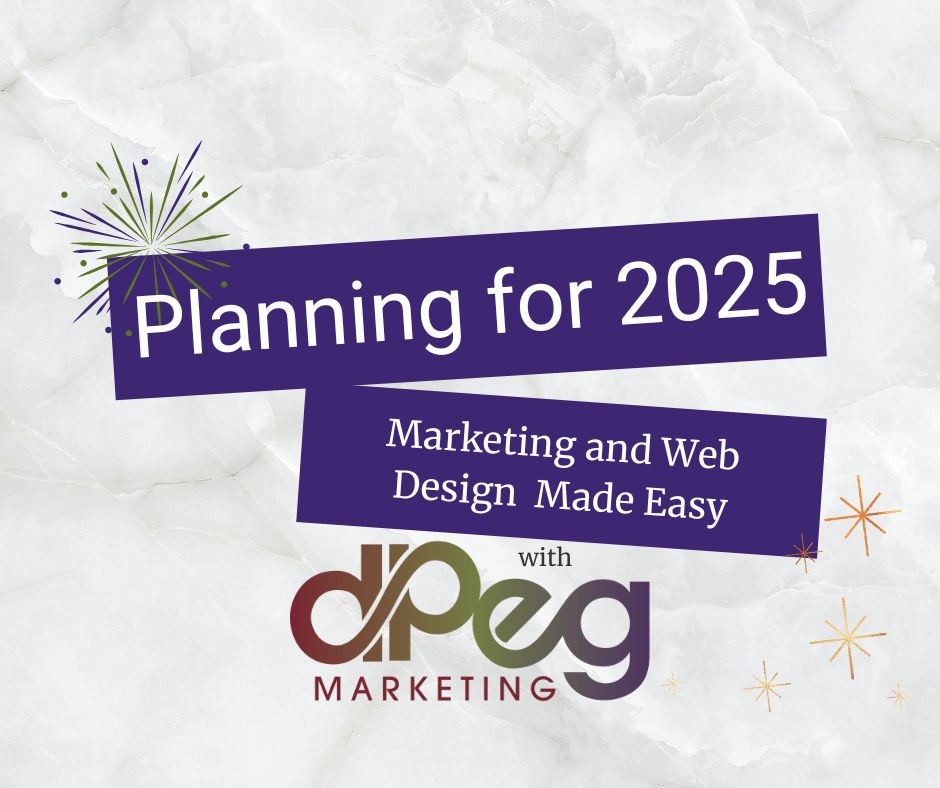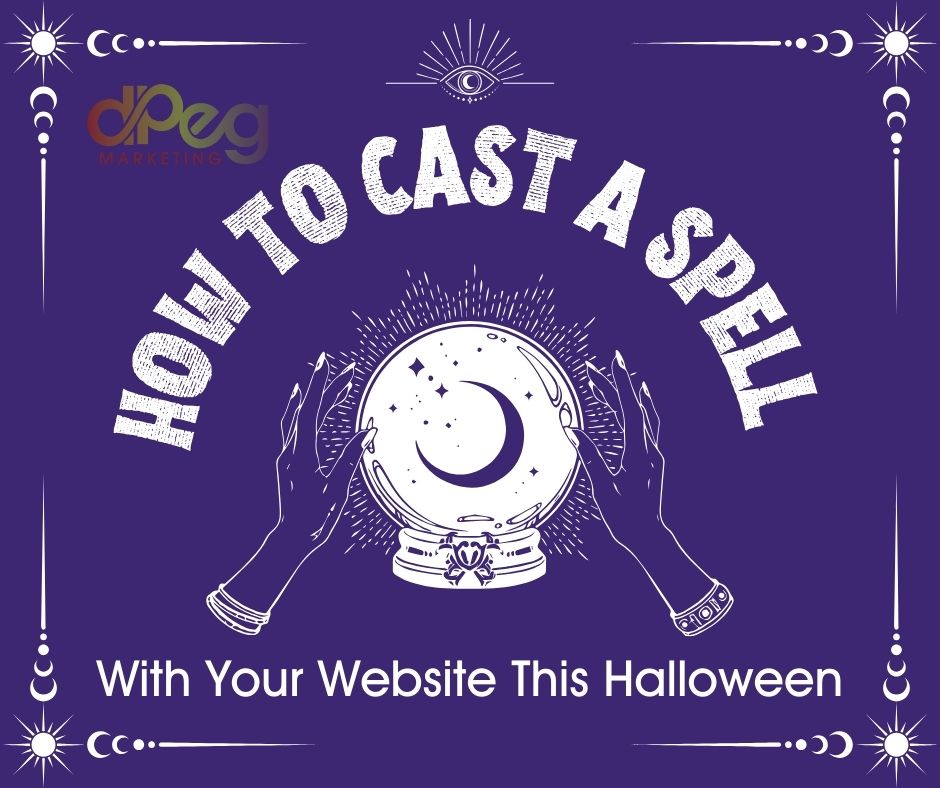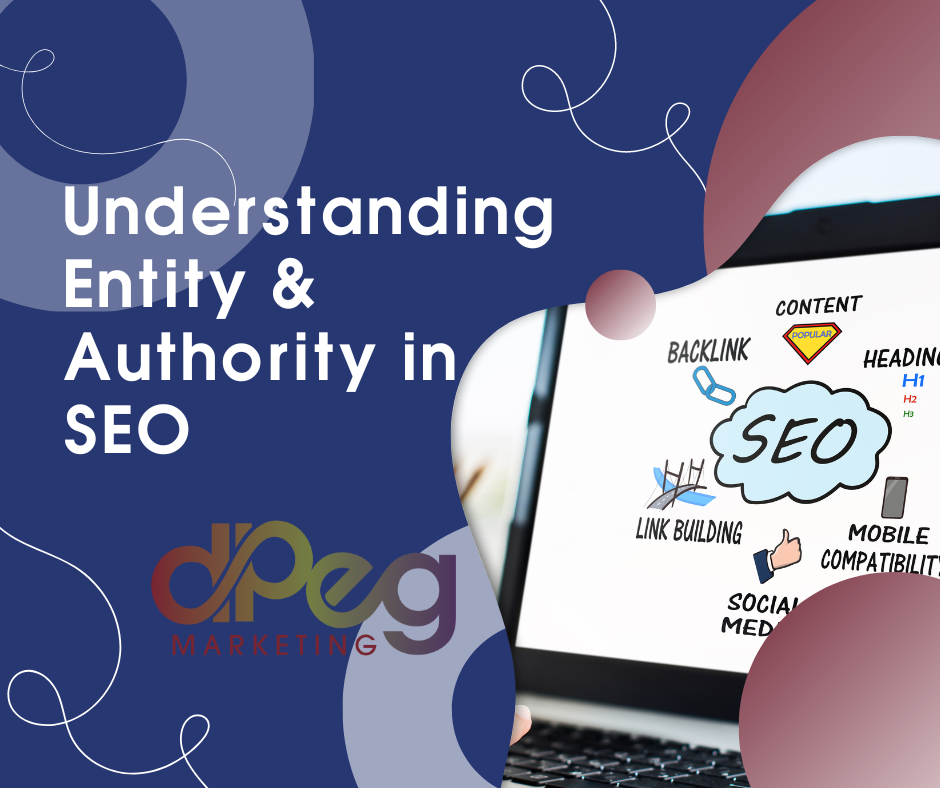It’s easy to feel overwhelmed when building a website for your business. There are so many options today that deciding which platform is best for you takes a lot of consideration. Add to that the decision about eCommerce or blogging, and what website platform do you choose? There are pros and cons to many different website options, so let’s take a closer look.
Tips for Evaluating Website Platforms
Choosing the best platform for your small business is crucial because your website is often the first point of contact with potential customers. Here are the steps to help you make an informed decision.
1. Define Your Goals
Start by identifying the purpose of your website. Are you looking to sell products online, showcase your services, provide information, or generate leads? Knowing your goals will guide your platform choice.
2. Determine Your Budget
Consider how much you’re willing to invest in your website. Some platforms are free, while others require monthly or annual fees. Also, factor in costs for domain registration, hosting, and any additional features or plugins you may need.
3. Assess Your Technical Skills
Evaluate your technical expertise. Some platforms require coding knowledge, while others are user-friendly and cater to beginners. Choose a platform that matches your skill level, or be prepared to invest time in learning.
4. Consider Scalability
Think about your future needs. Will your business grow, and will your website need to scale accordingly? Choose a platform that can accommodate growth and evolving requirements.
5. Review Features and Functionality
Look for features that align with your goals. Common features include e-commerce capabilities, blogging, SEO tools, and mobile responsiveness. Make a list of must-have features and prioritize them.
6. Research User-Friendliness
Test the platform’s user interface and ease of use. A user-friendly platform will save you time and reduce frustration. Many platforms offer free trials or demos, so take advantage of these to assess usability.
7. Examine Design and Customization Options
Consider the platform’s design templates and customization options. Ensure you can create a website that aligns with your brand identity and offers a unique user experience.
8. Analyze SEO Capabilities
Search engine optimization is vital for visibility online. Check if the platform provides built-in SEO tools or allows for easy integration with third-party SEO plugins.
9. Check for Mobile Responsiveness
With the increasing use of mobile devices, it’s essential that your website looks and functions well on smartphones and tablets. Ensure the platform supports responsive design.
10. Review Support and Resources
Consider the level of customer support and the availability of resources like tutorials, forums, and community support. Reliable customer support can be invaluable when you encounter issues.
11. Investigate Security
Online security is critical. Choose a platform with robust security features, including SSL certificates, regular updates, and data backups.
12. Check for Integration Options
If you plan to use third-party tools or services (e.g., email marketing, payment processors), ensure the platform supports these integrations or has a marketplace with compatible apps.
13. Read Reviews and Get Recommendations
Look for reviews and ask for recommendations from other small business owners or industry peers who have experience with website platforms.
14. Consider Long-Term Costs
Besides the initial setup costs, consider ongoing expenses such as hosting, domain renewal, and any premium plugins or themes you may need.
15. Plan for Content Management
Assess how content will be managed on your website. Some platforms offer robust content management systems, while others may be less flexible.
Thoughts on Website Platforms and Hosting
Popular website platforms for small businesses include WordPress, Wix, Squarespace, Shopify (for e-commerce), and Weebly. Each has strengths and weaknesses, so your choice should align with your needs and goals.
At dpeg Marketing Company, we exclusively use WordPress to build and manage our clients’ websites. In our years of working with website development, we’ve found WordPress to have the best features for customization and SEO. Every website we do is hosted through GoDaddy, which provides several levels of security features, accessibility, and options for eCommerce.
The best website platform for your small business will be the one that meets your requirements, is within your budget, and allows you to create a professional online presence. Take your time to research and test different options before making a decision.
Talk to dpeg Marketing about your website needs.
dpeg Marketing Company has 1 spot open for website design in 2023. Schedule a consultation with us now to start planning for 2024.
We partner with tiny house, agriculture, outdoor, brewing, pet, and equine businesses to help them grow. We can help you optimize your site and integrate the essential tools. You can build your reputation and be recognizable with the right systems.
Contact us for a FREE consultation by emailing teona@dpegmarketing.com or calling (828) 333-3816.

